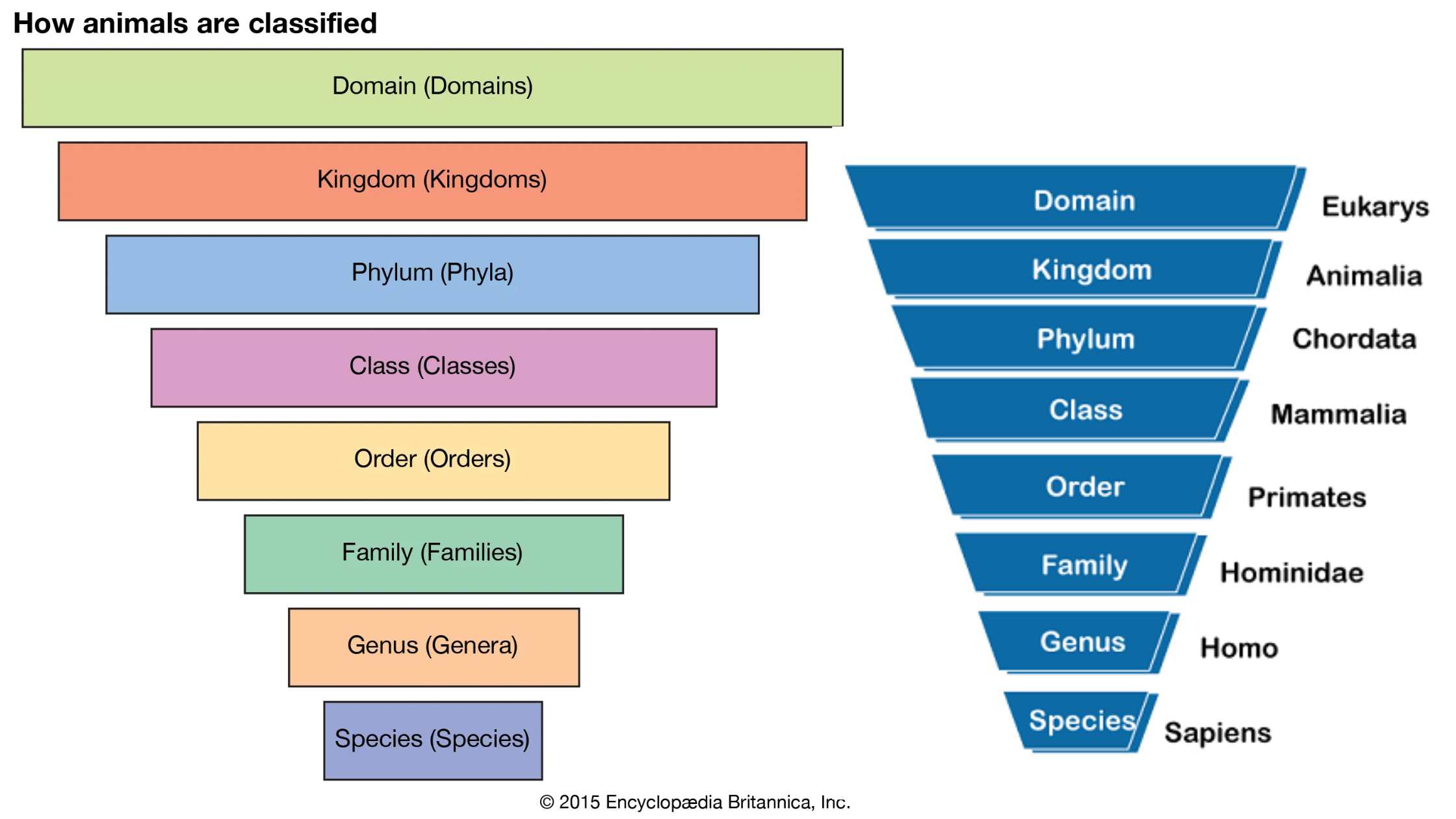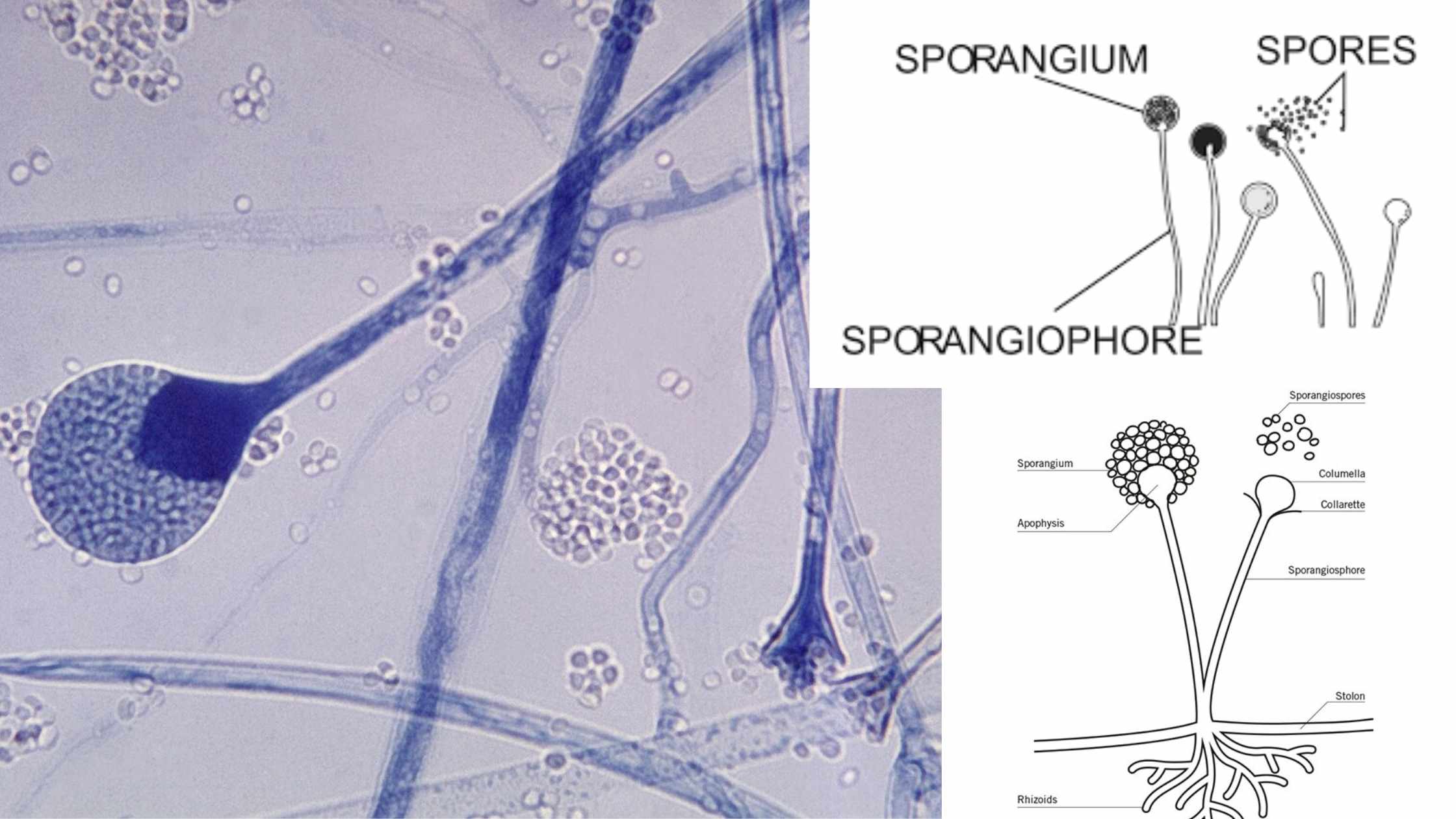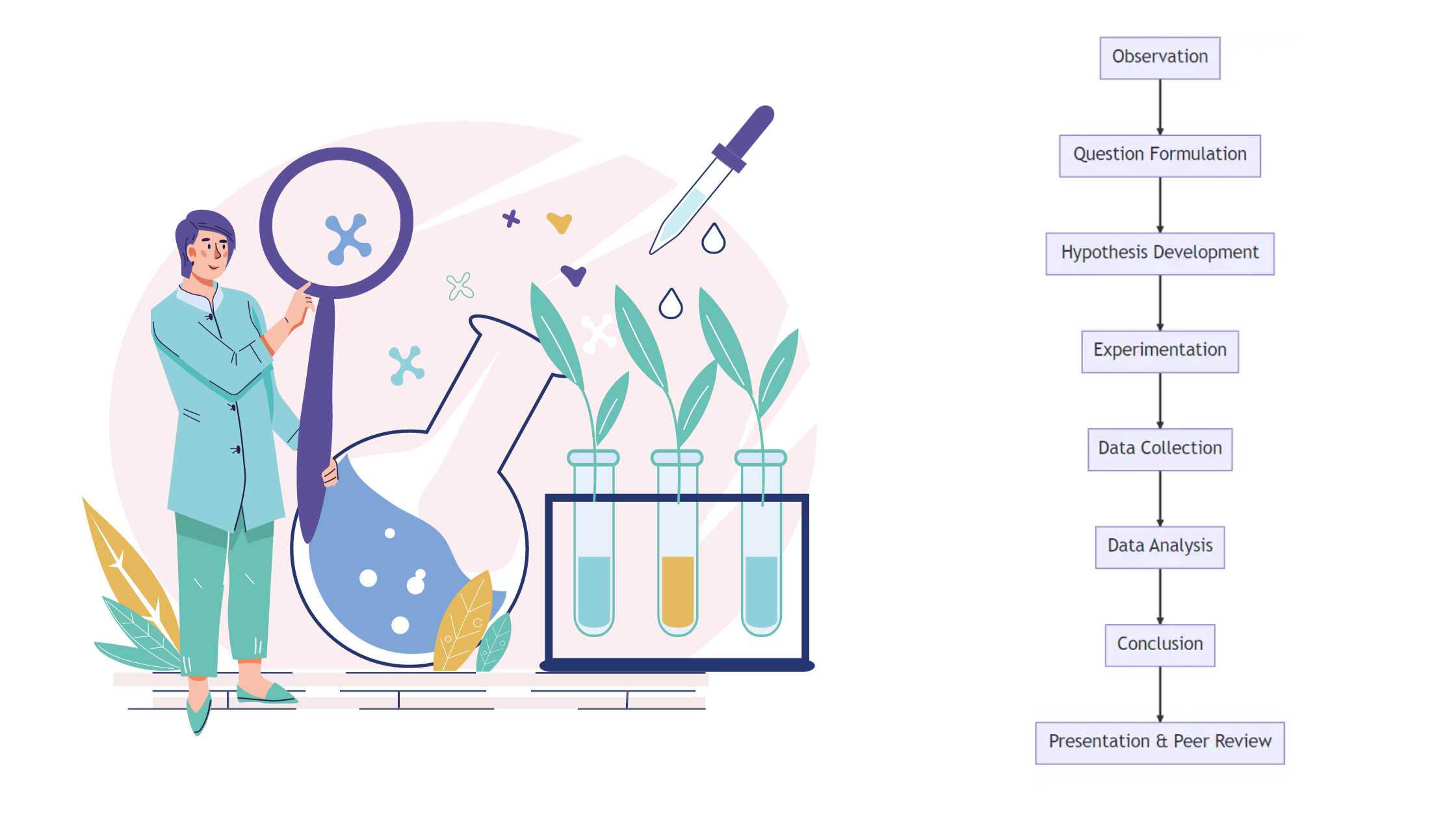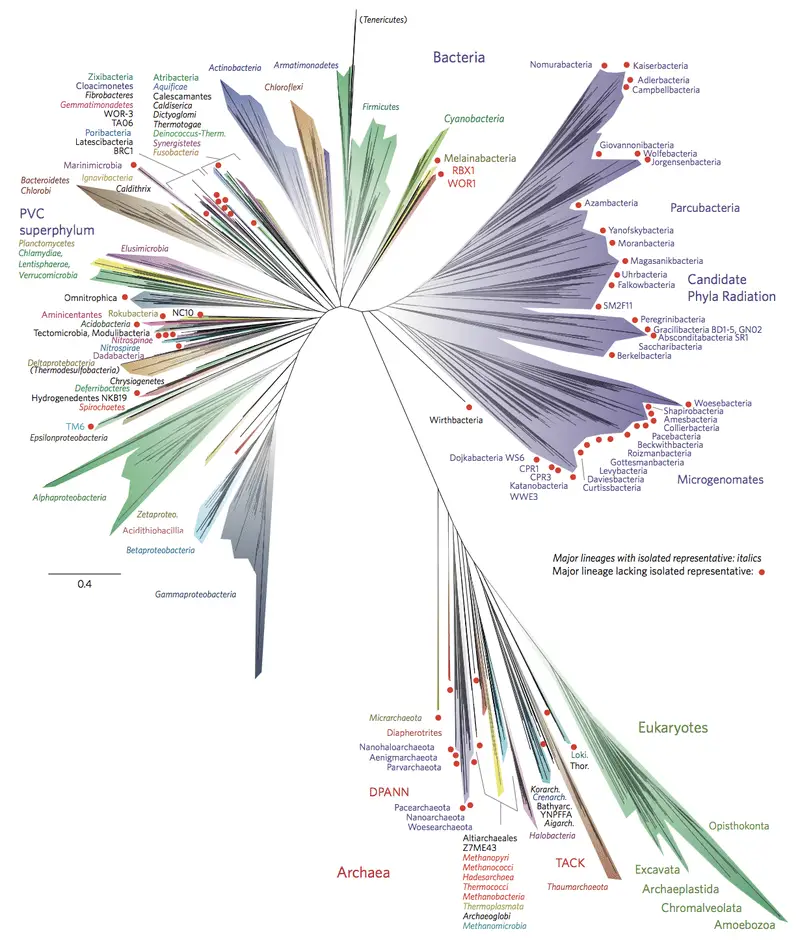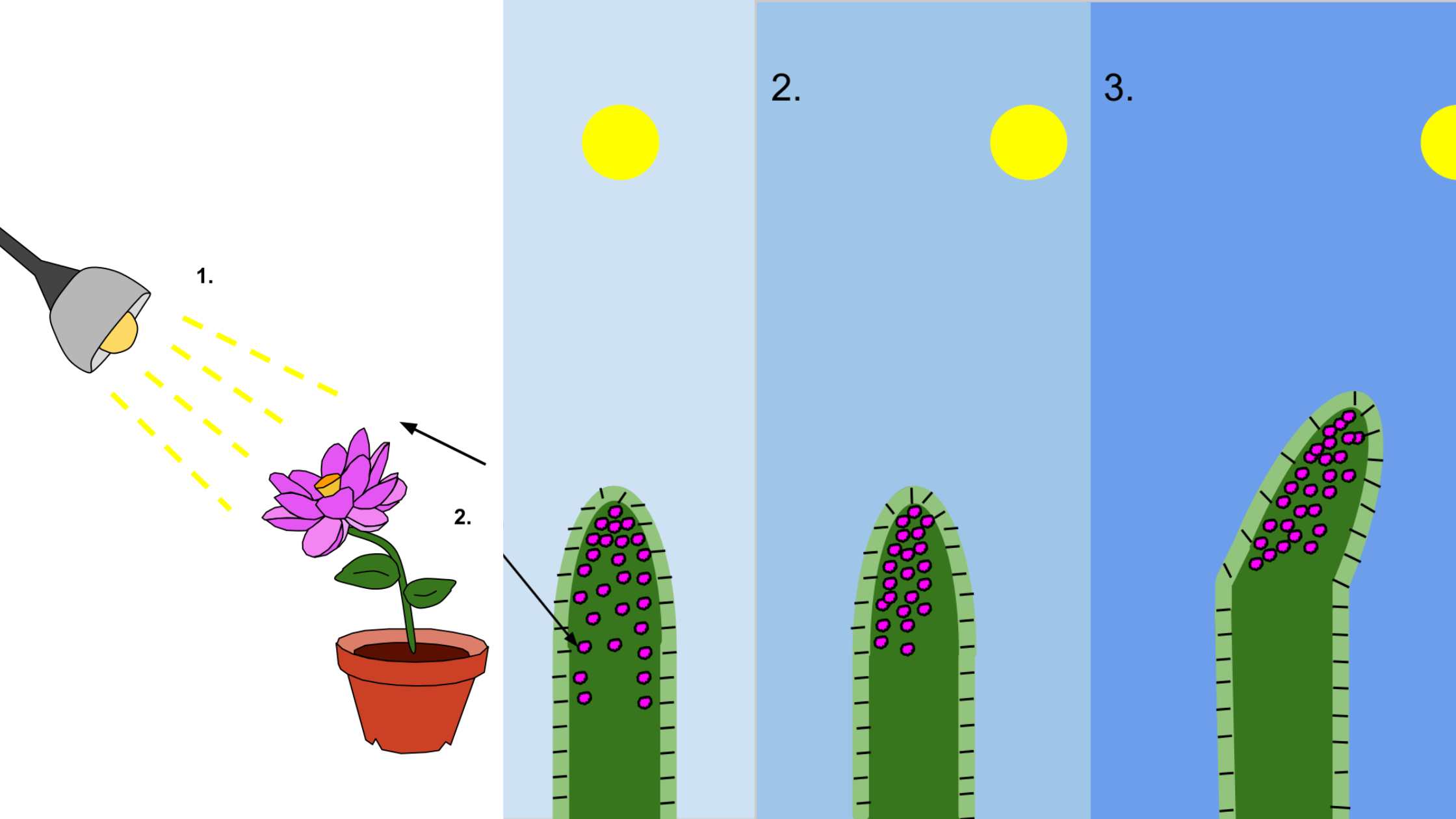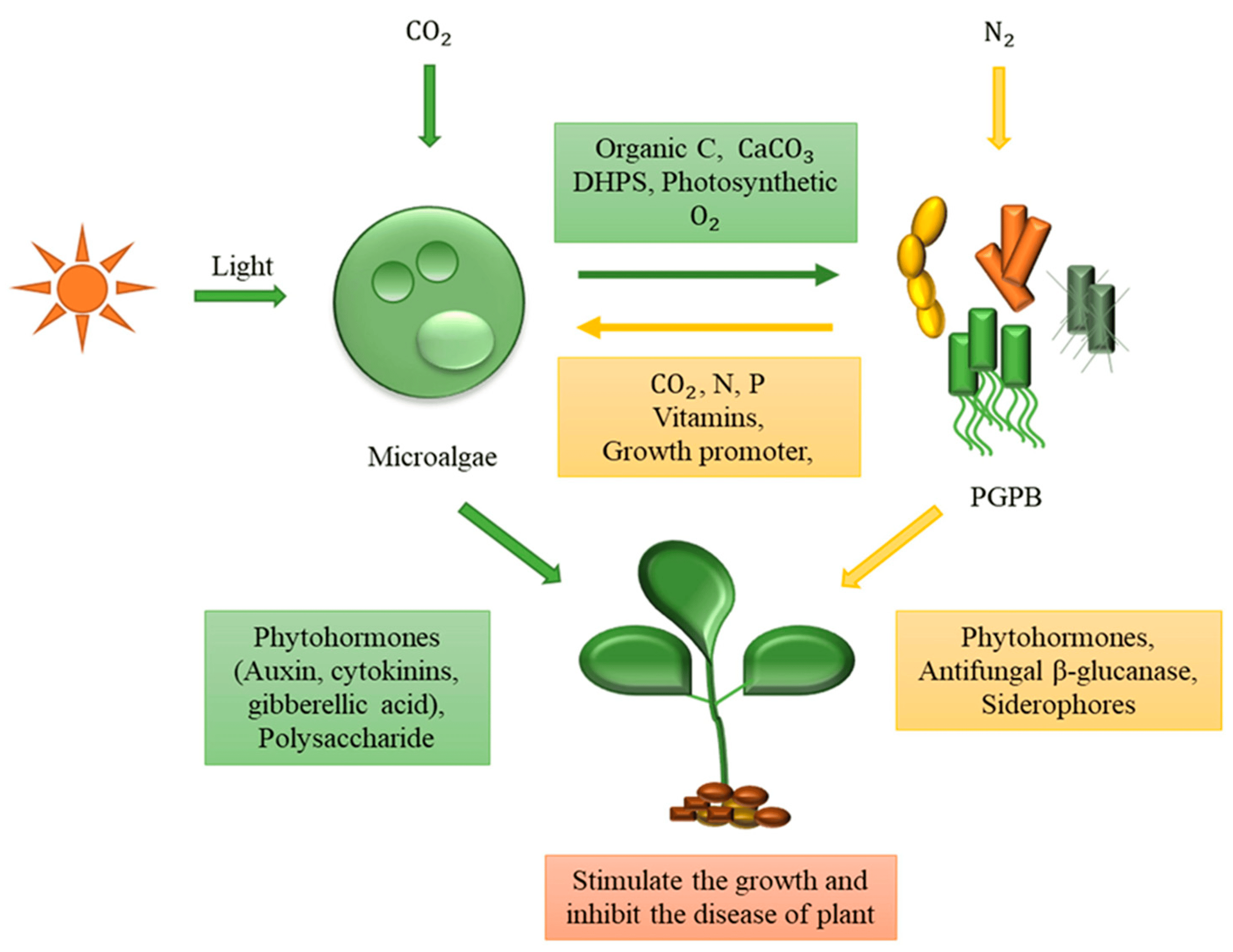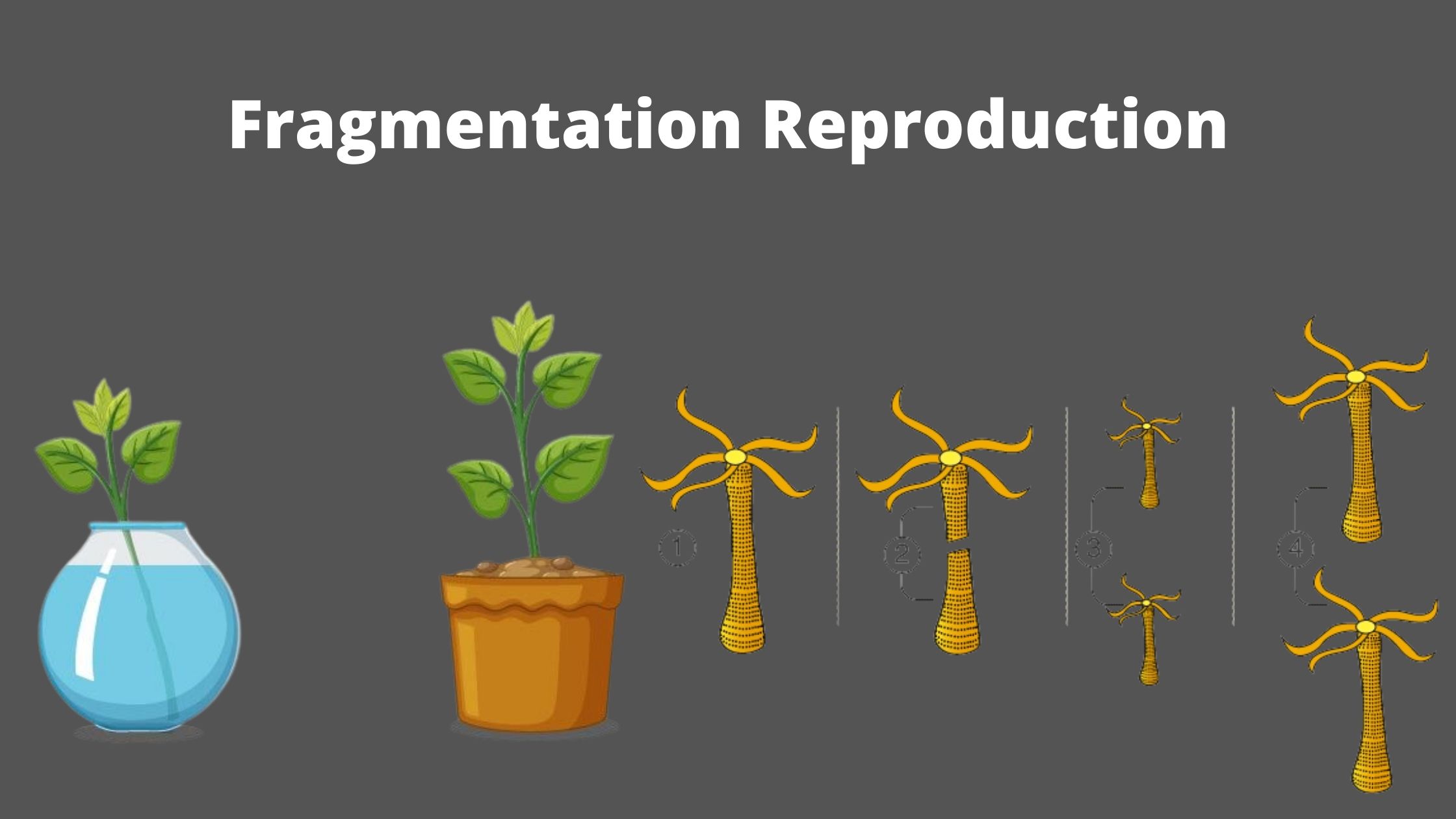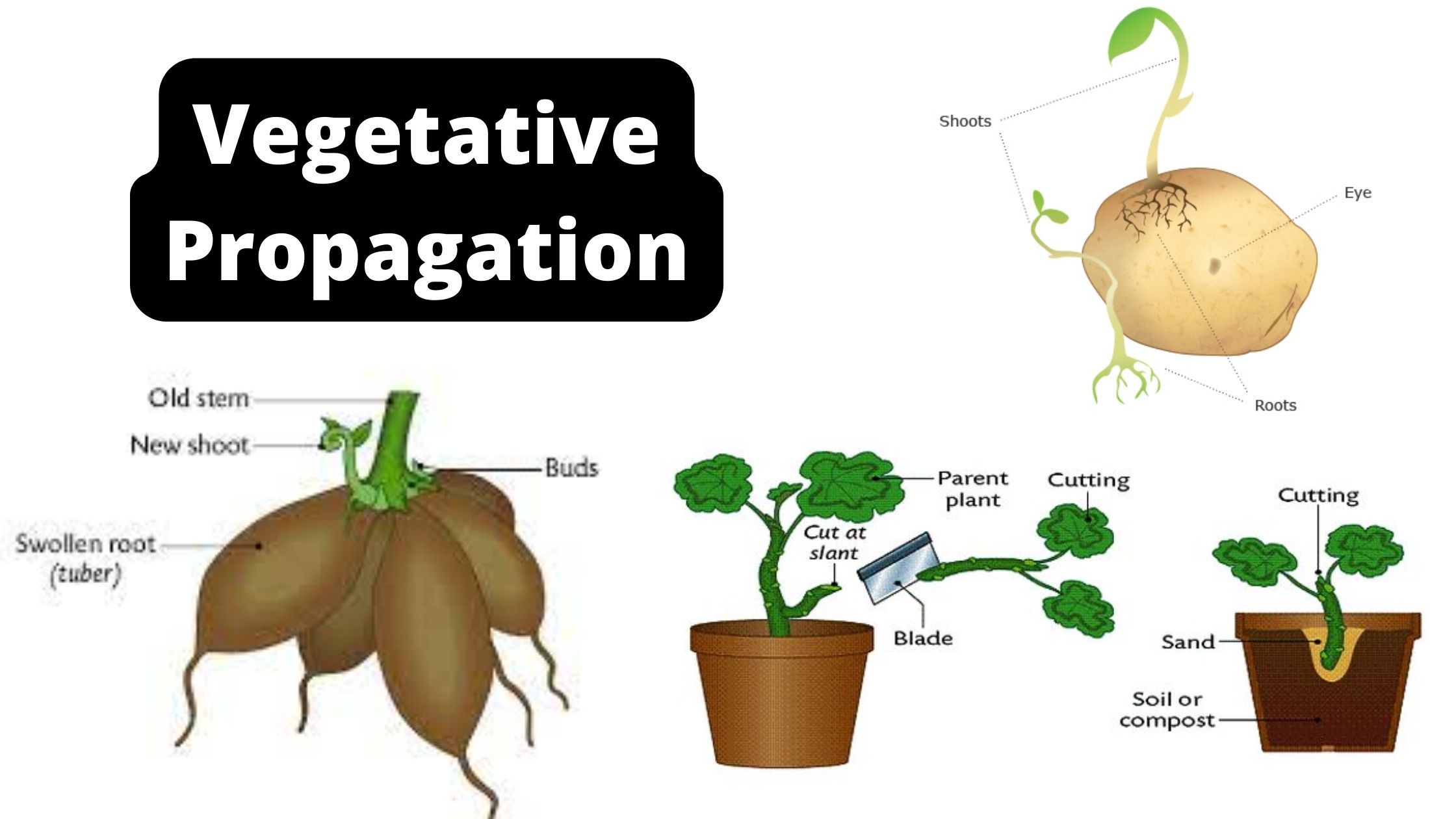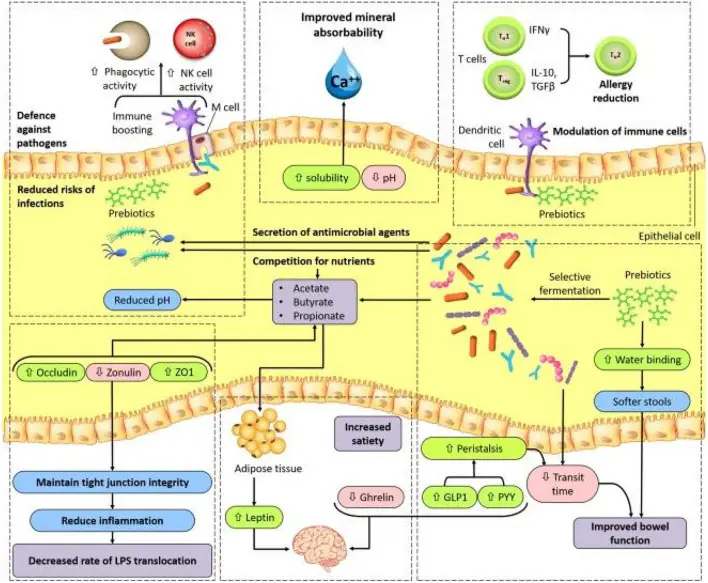Taxonomy – Definition, Hierarchy, Example, Importance
What is Taxonomy? History of Taxonomy Taxonomy, the science of classifying living organisms, has evolved significantly since its inception. The journey of taxonomy traces back to ancient civilizations, undergoing various transformations through the ages, influenced by the works of numerous scholars and the advent of scientific methodologies. Ancient Beginnings: The earliest inklings of taxonomy can … Read more
